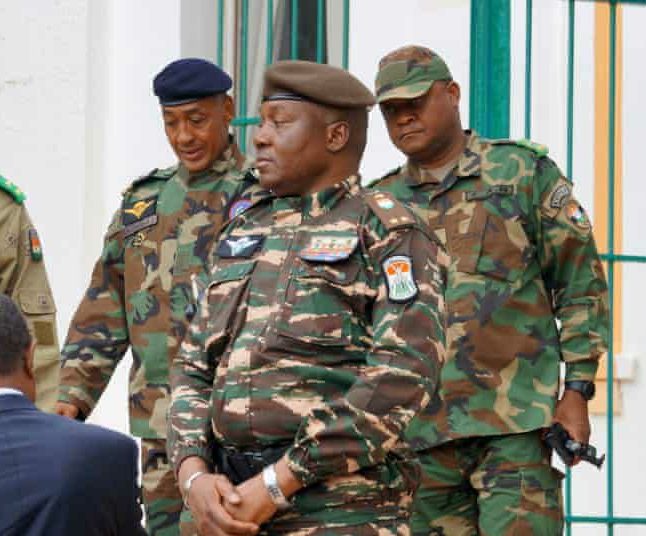
Speaking on Niger’s national television, Togo Foreign Minister Robert Dussey said he had reached an agreement “on the content and timing of the transition” with Niger’s junta-appointed prime minister Ali Mahaman Lamine Zeine and foreign minister Bakary Yaou Sangare.
“We are ready to present the plan… to the mediating heads of state and the ECOWAS Commission,” he said, referring to the Economic Community of West African States.
After Niger became the latest country in the Sahel to experience a coup with July’s ouster of President Mohamed Bazoum, the regional grouping imposed tough sanctions and suspended trade, while also floating the option of military intervention.
The sanctions and suspension of international finance and aid have left Niger, already one of the world’s poorest countries, economically hanging by a thread.
In October, the military leaders announced a 40-percent cut in the 2023 budget due to the “heavy sanctions imposed by international and regional organisations”.
On Sunday, ECOWAS leaders in Abuja said any easing of the punitive measures against Niger was contingent on a “short transition” period.
The bloc also decided that a committee made up of the presidents of Benin, Togo and Sierra Leone would lead negotiations with the Nigerien military leaders on the commitments to be implemented.
According to Niger’s broadcaster, Tele Sahel, mediator Dussey will return to Niamey in January with his counterpart from Sierra Leone, Timothy Kabba.
ECOWAS said on Thursday that Niger is now “suspended from all decision-making bodies” of the organisation, “until constitutional order is re-established”.
Niger’s military leaders have previously said they want up to three years for a transition back to civilian rule.
Since the coup, Niger — one of the Sahel nations battling long-running and bloody insurgencies by rebels affiliated with Al-Qaeda or the Islamic State group — has rowed back security cooperation with Western partners and expelled French troops based there.
AFP





